It's not just you; there's a scientific reason we get sad and gassy on long plane rides
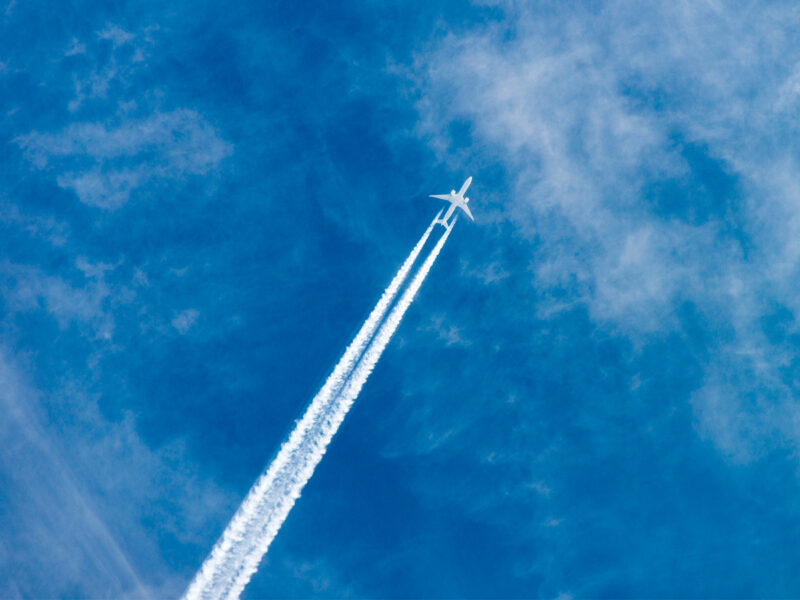
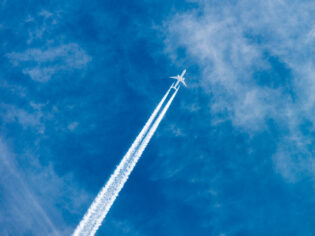
Farting on a plane might not be your fault. (Image: Getty/ Tobiasjo)
Science is here to explain the odd things that happen to our bodies on long-haul flights.
Don’t be shy, we’ve all been there: that gassy, bloated feeling after what feels like hour 1000 up in the sky on an international flight. And it’s not the only phenomenon we’ve all noticed but kept to ourselves. Well, the good news is, you’re not alone. In fact, there’s a scientific reason you can’t stop farting on a plane – and for just about all the rest of it.
1. You’re more likely to cry
It’s not your fault; movies are, in fact, sadder at altitude. It’s science. Firstly, there’s the mental factor. Psychological studies have shown that the pressure of catching a flight, arriving on time, dealing with security, finding your luggage and more are all very capable of putting us on the edge. And leave us feeling a bit exhausted, and I, for one, always cry more when I’m sleepy.
Then, there are the altitude factors. A phenomenon known as ‘altitude-induced emotional disinhibition’ happens in the air, when lower oxygen levels and weird cabin pressures combine to make our bodies dehydrated. Dehydration affects everything, including behaviour and the brain.
The result? Many people have more trouble self-regulating their emotions. Then all of a sudden, watching Magic Mike becomes a tragedy, and you’re having an emotional breakdown (true story).
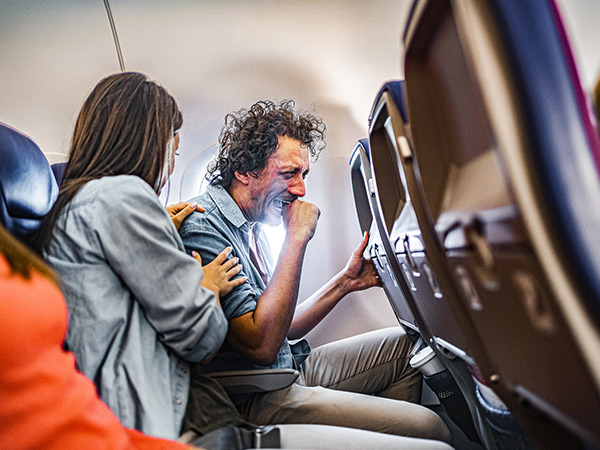
Mike starts gyrating, and here comes the water works… (Image: Getty/ Viktor Cvetkovic)
2. Yes, altitude is to blame for farting on a plane
The last time you complained about someone dropping a stinker on a plane, and they said they couldn’t help it? Well, turns out they were telling the truth. And everyone else was probably just better at being sneaky about it.
Altitude makes everybody more gassy, ergo farting on a plane is simply unavoidable.
There are two main factors that affect your bowels when you fly: changes in cabin pressure and air pressure. In more detail, when the plane goes up, cabin pressure goes down. When the plane is at cruising altitude, the cabin pressure is adjusted to make guests feel like they’re at about 6000 to 8000 feet above sea level. Causing the gas that naturally exists in the stomach and intestines to expand by up to 30 per cent, according to studies published in the New Zealand Medical Journal and the BMJ. Enter bloating and discomfort, with only one way to relieve oneself. It’s all perfectly natural, don’t be so immature.
What’s more, any undigested food in your system at the time of takeoff continues to be broken down by bacteria in the large intestine. The result is more unpleasant gases, like hydrogen, carbon dioxide and methane.
So yeah, your body is going through it, and there is gas in the cabin air. Cabin air is recycled by up to 50 per cent on most modern aircraft. Leaving strong odours to linger a little longer than they typically would on the ground.
According to Jessie Chambers, a senior travel expert at Global Work & Travel, air crew are not only aware of this, but will use airflow from ceiling vents to redirect smells during service (not just from farts, but also strong food or body odour smells).
“Most flight attendants just learn to politely ignore it, or aim the air nozzle strategically,” said Chambers.
While you can’t avoid the phenomenon, you can do yourself and your fellow passengers a solid and reduce in-flight gas by avoiding fizzy drinks, legumes, onions and high-fibre foods before flying. Walking around during long-haul flights can also help digestion flow.
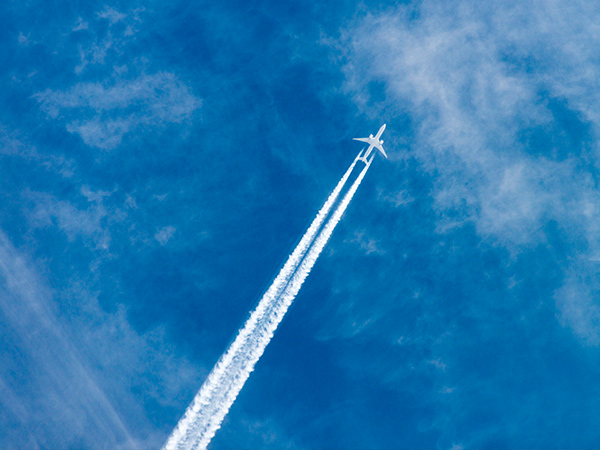
Avoid the beans before you take off. (Image: Getty/ Tobiasjo)
3. Your tastebuds change
That gosh darn altitude also makes your tastebuds change, so that everything you eat tastes just a little worse.
Studies have found that yes, plane food might be terrible, but dry plane air suppresses our sense of smell, making it taste even more bland. Low air pressure has been found to lower our ability to taste saltiness and sweetness. And plastic utensils just add to an ick taste factor. Hell, even background noise has been found to affect taste, lowering the strength of sweet and salty flavours.
All fascinating stuff, but ultimately bad news for your in-flight meal times.
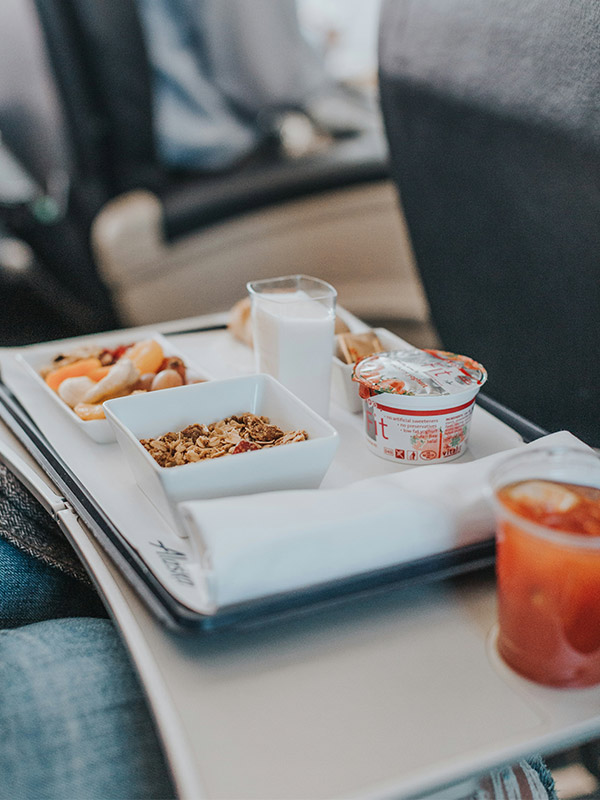
The food might not suck as much as you thought. (Image: Toni Osmundson)
Need more travel tips, tricks and hacks? Read them here.
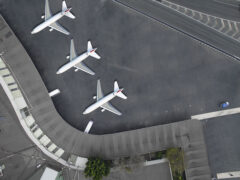
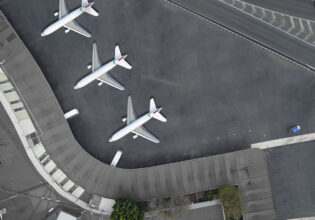








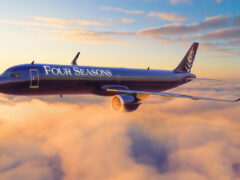
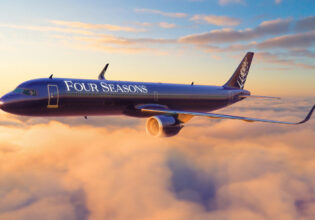


I understand all of this except for the in flight food. I think it’s usually really great! Maybe just the novelty of the tiny trays making me feel like a kid with a happy meal? I don’t know, but I love it.